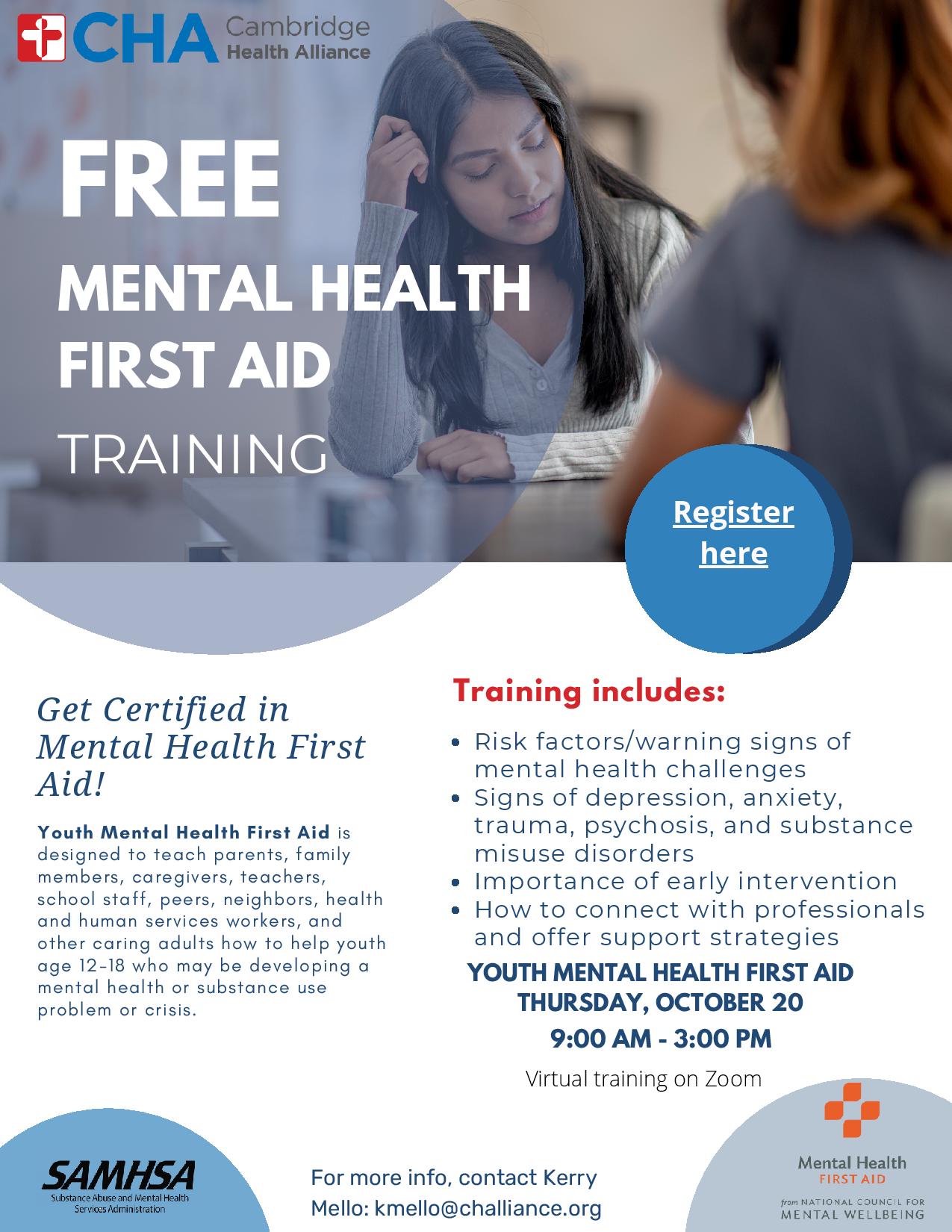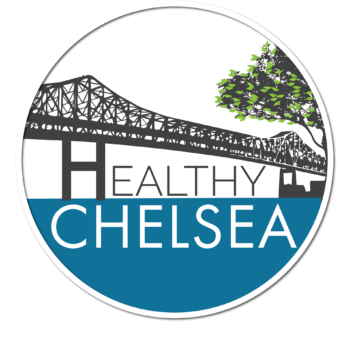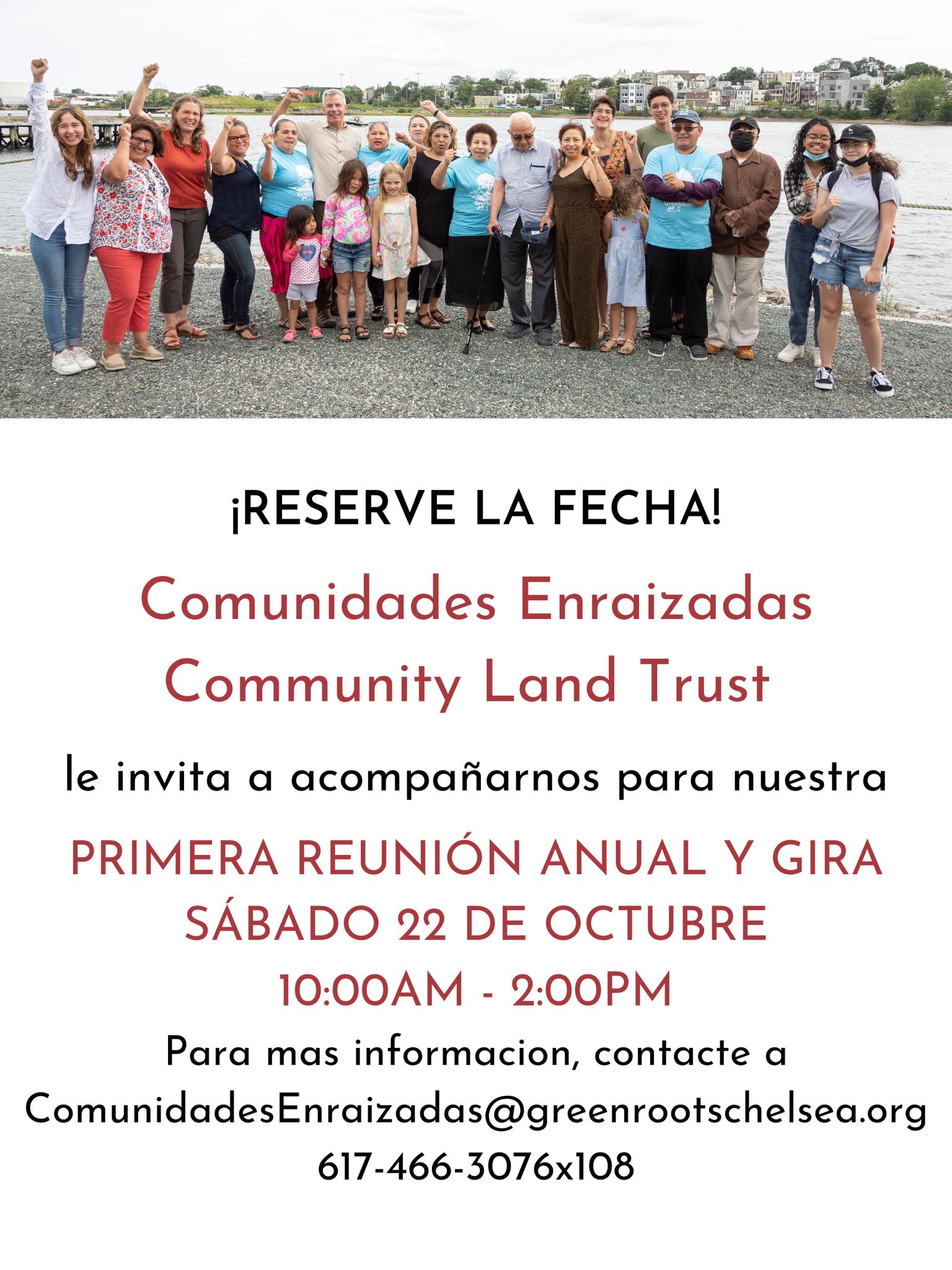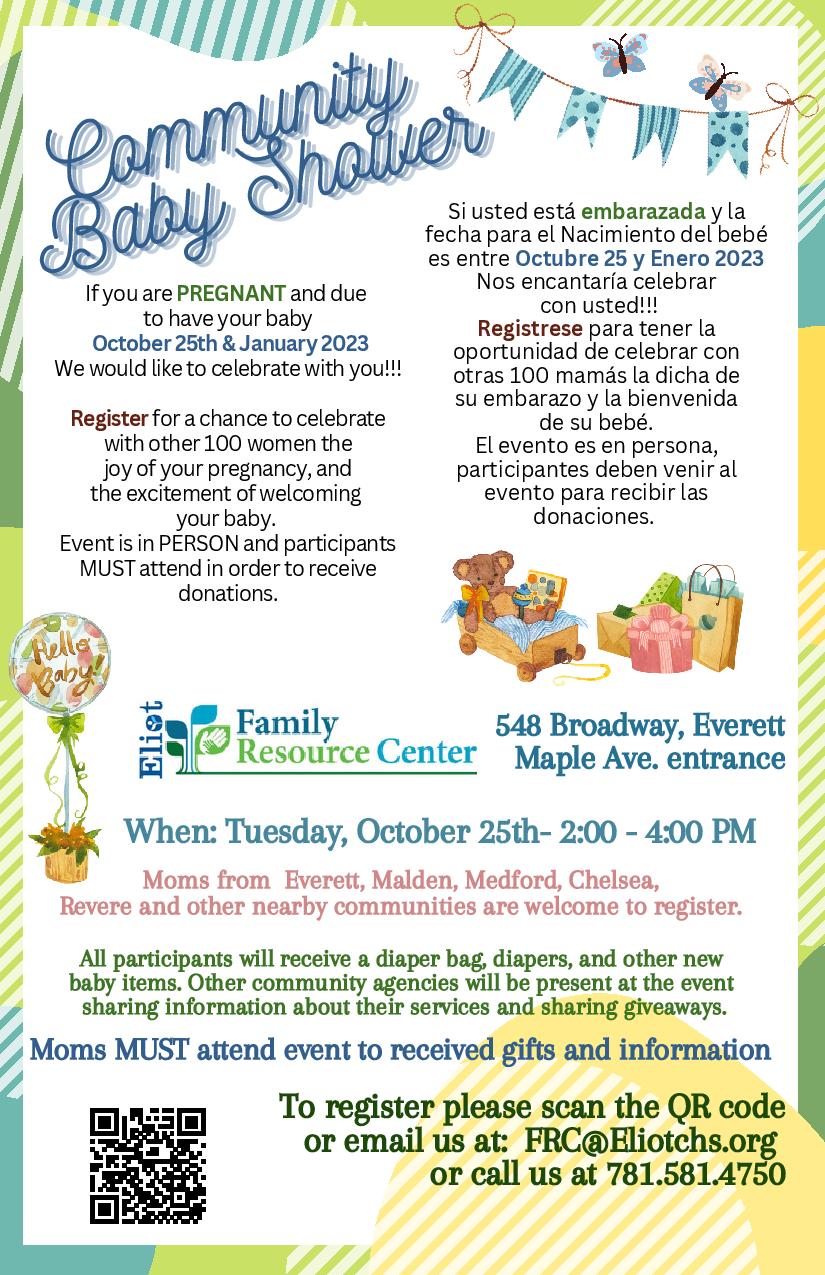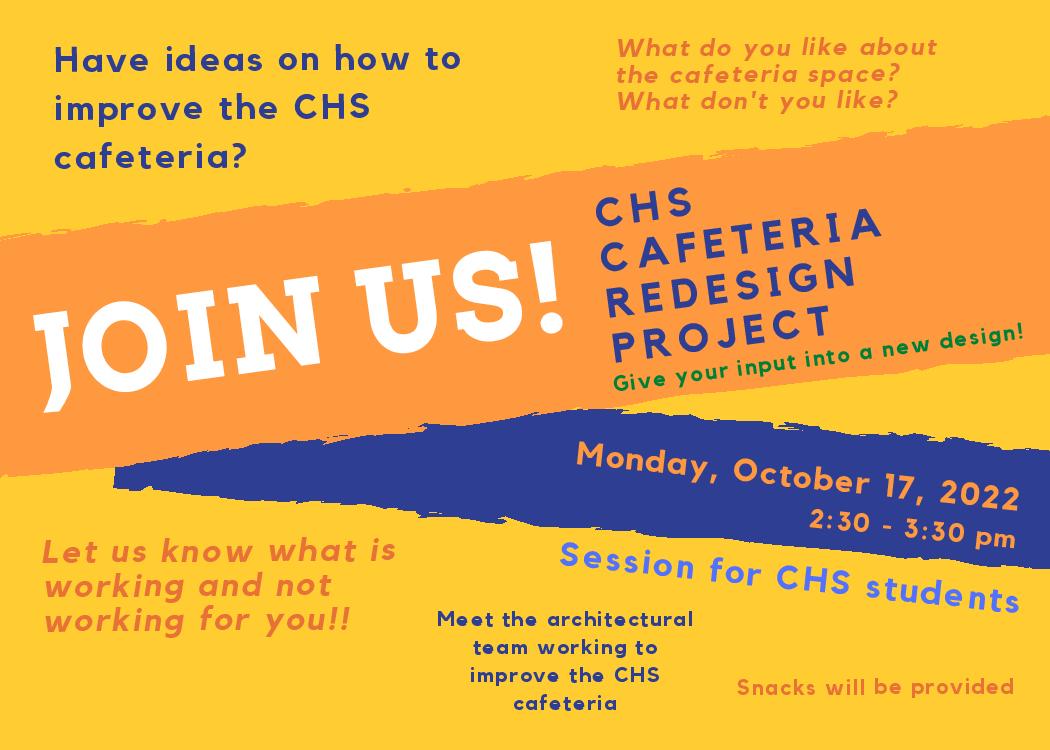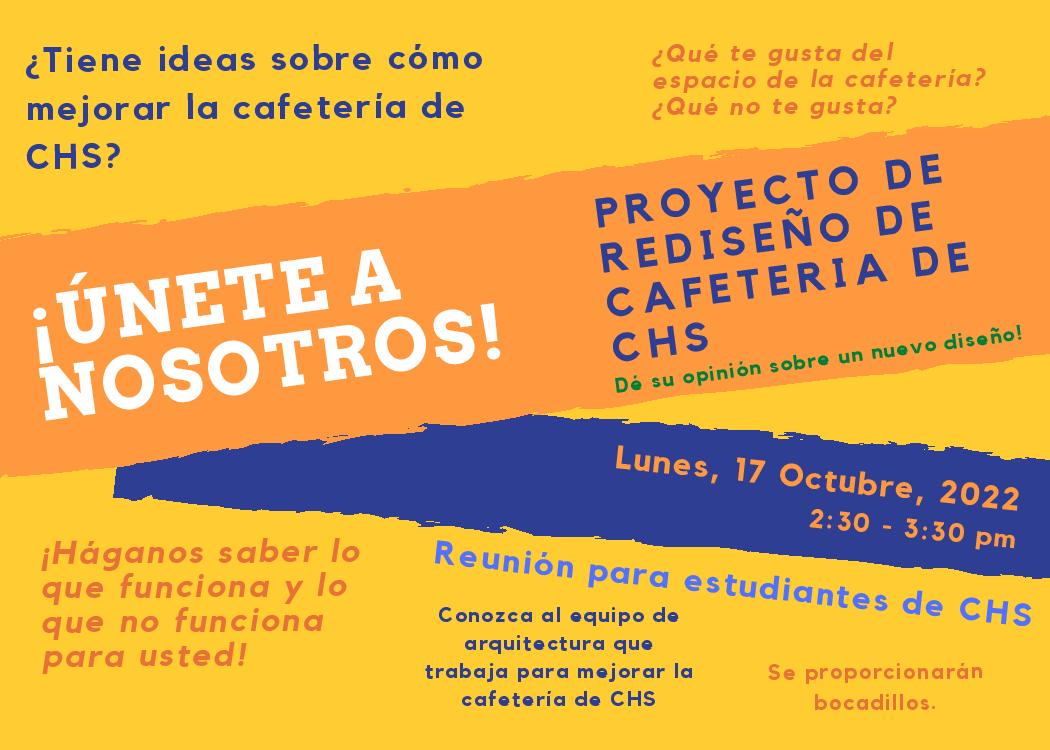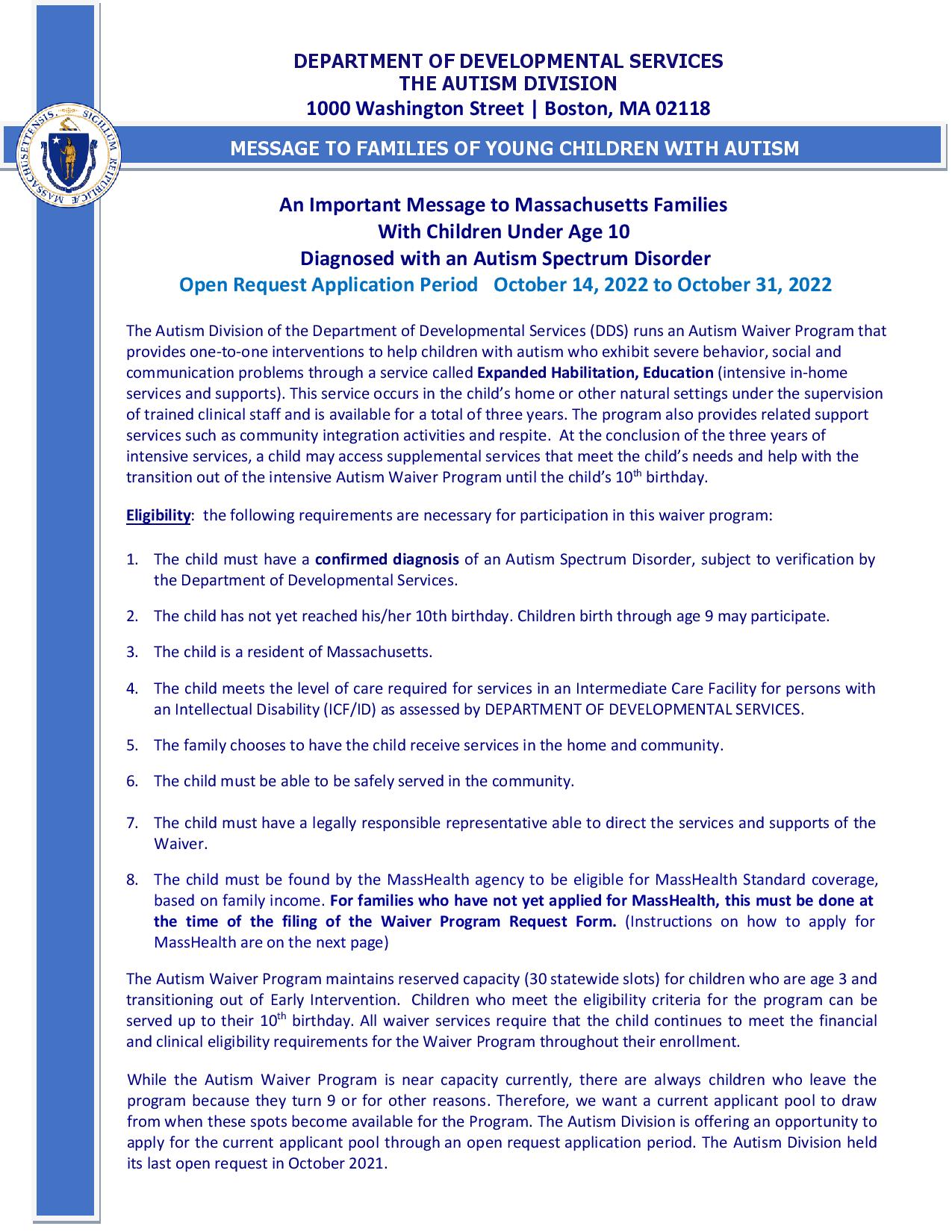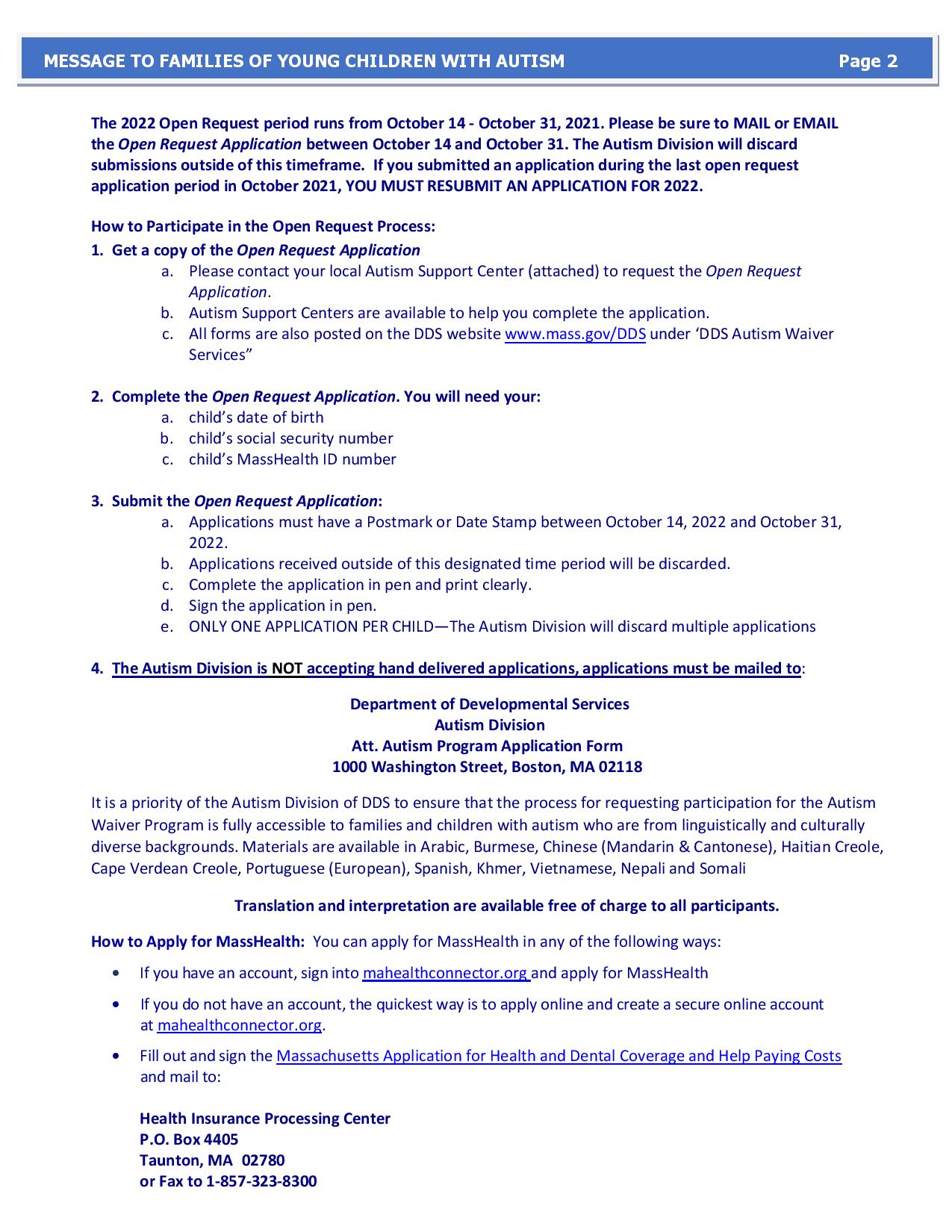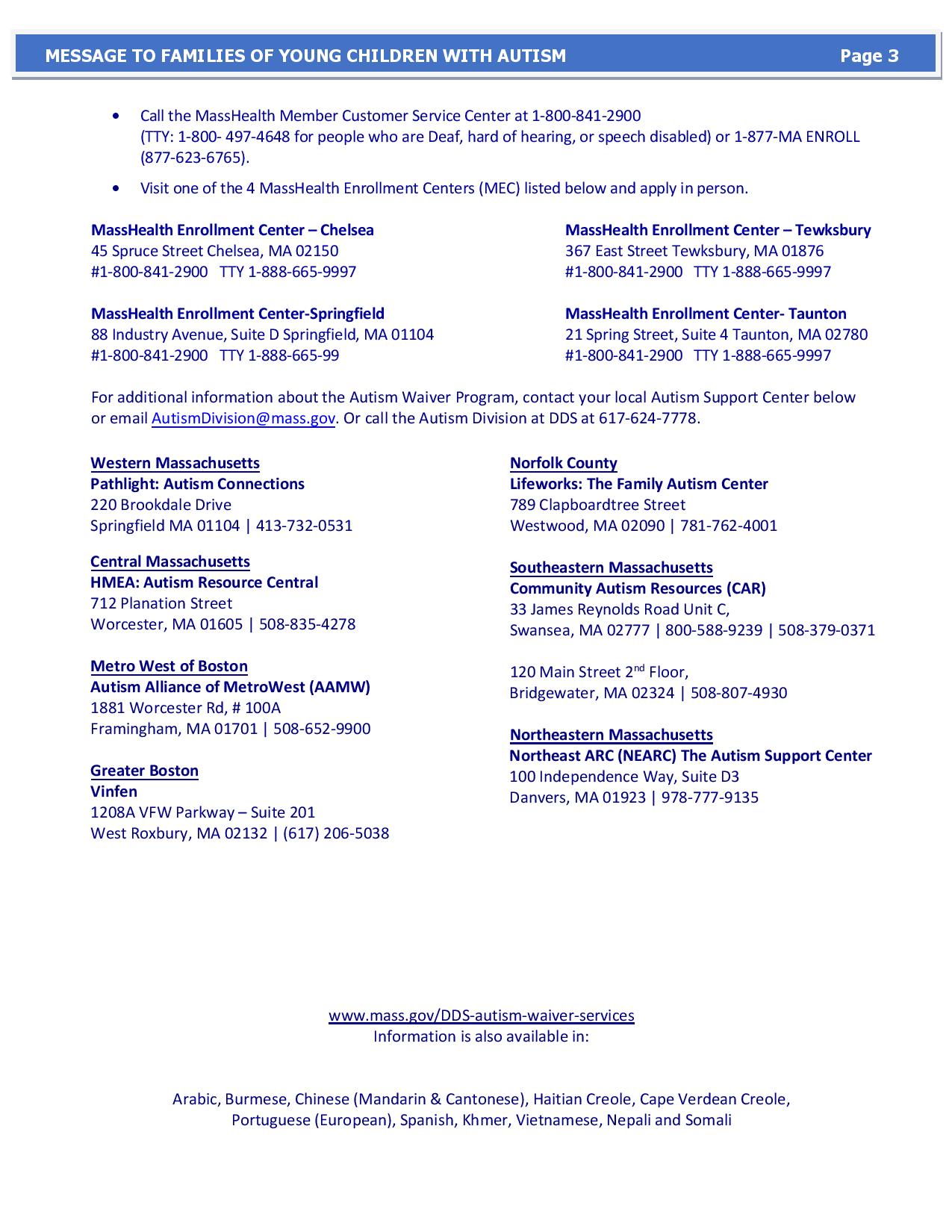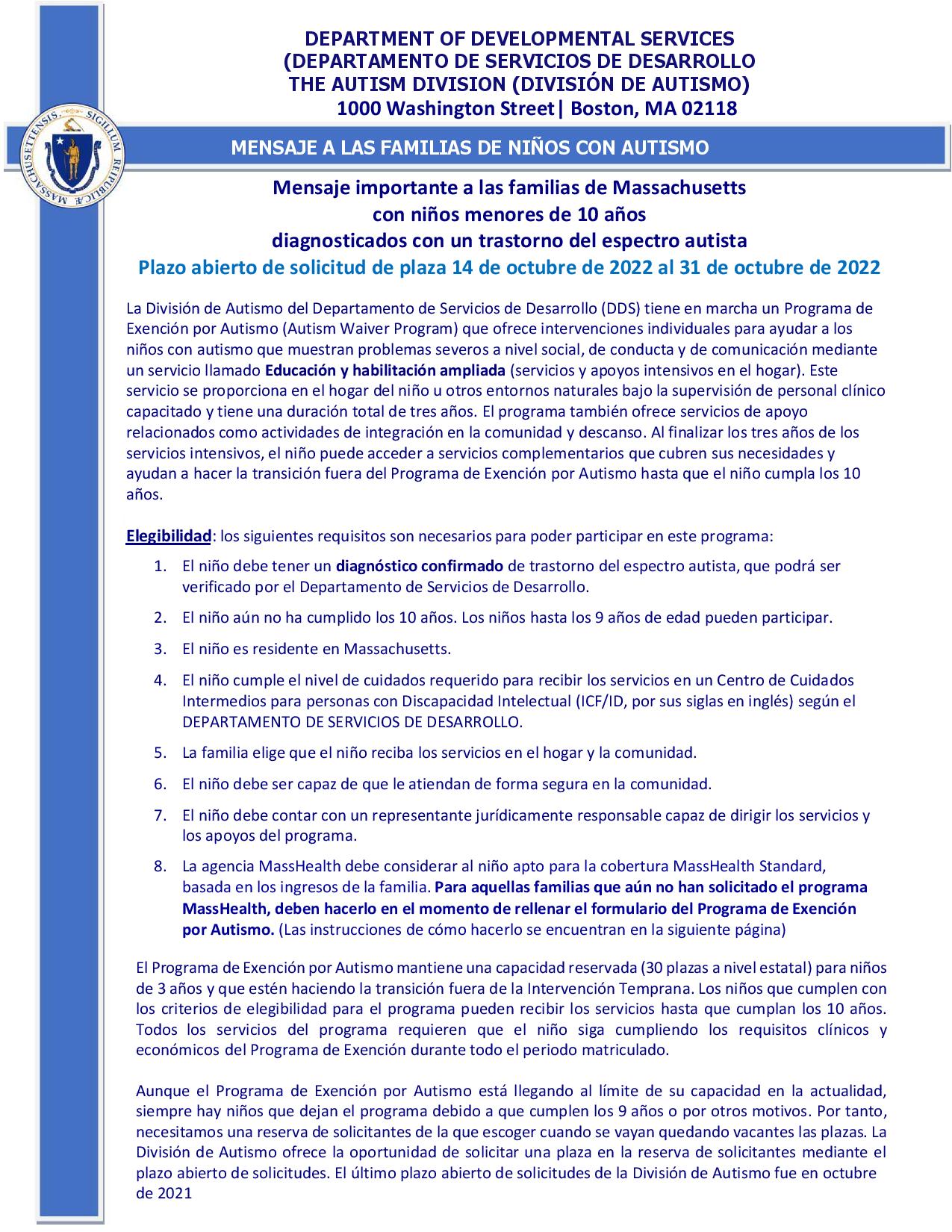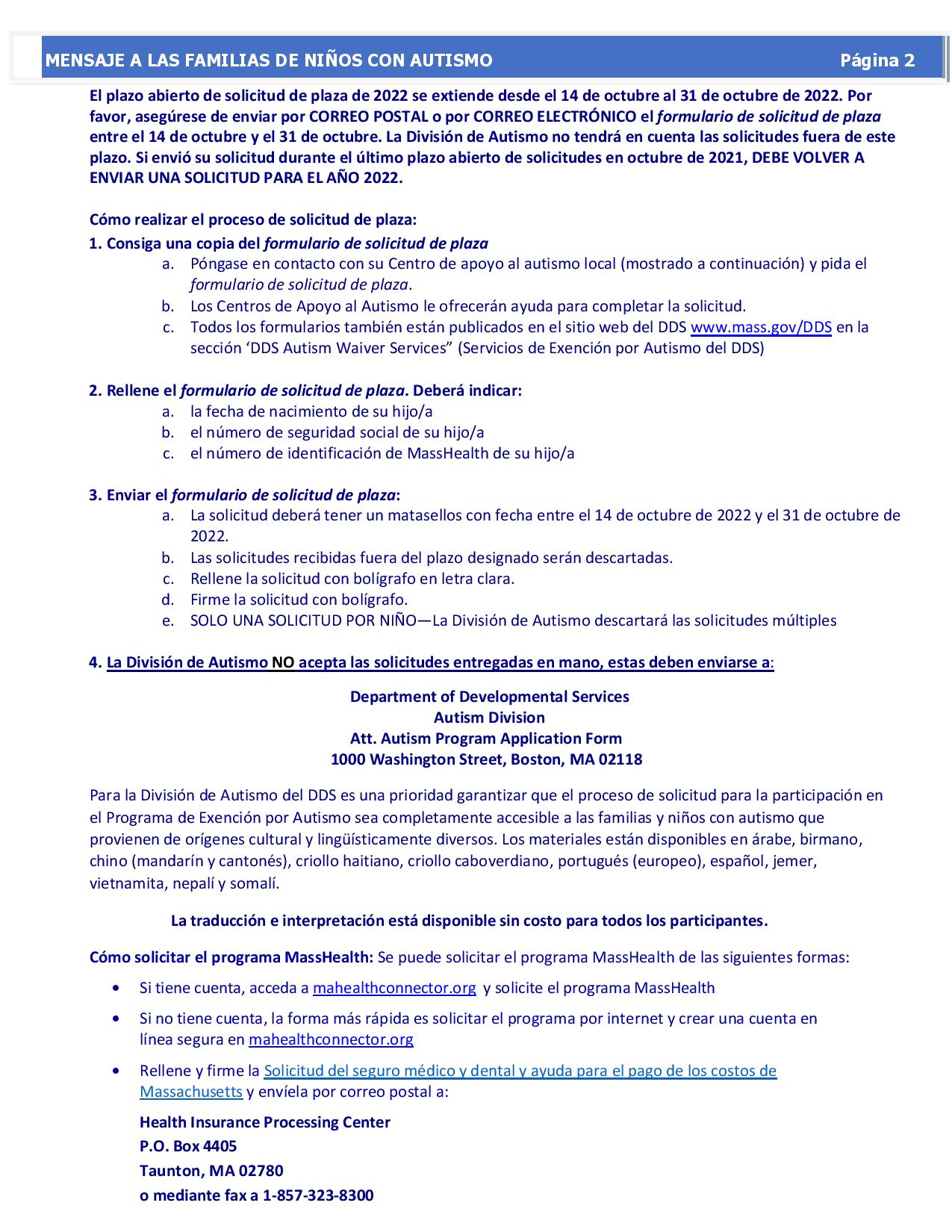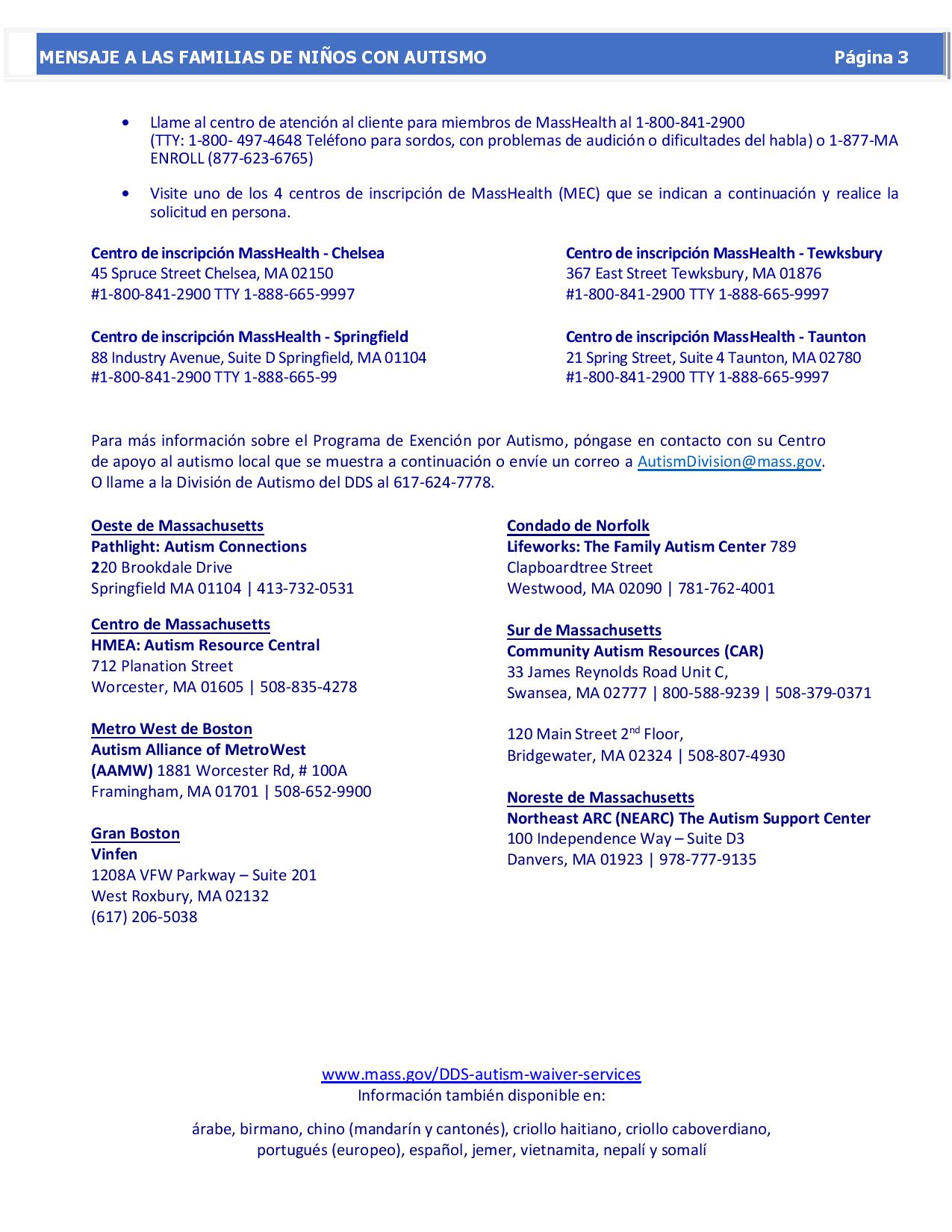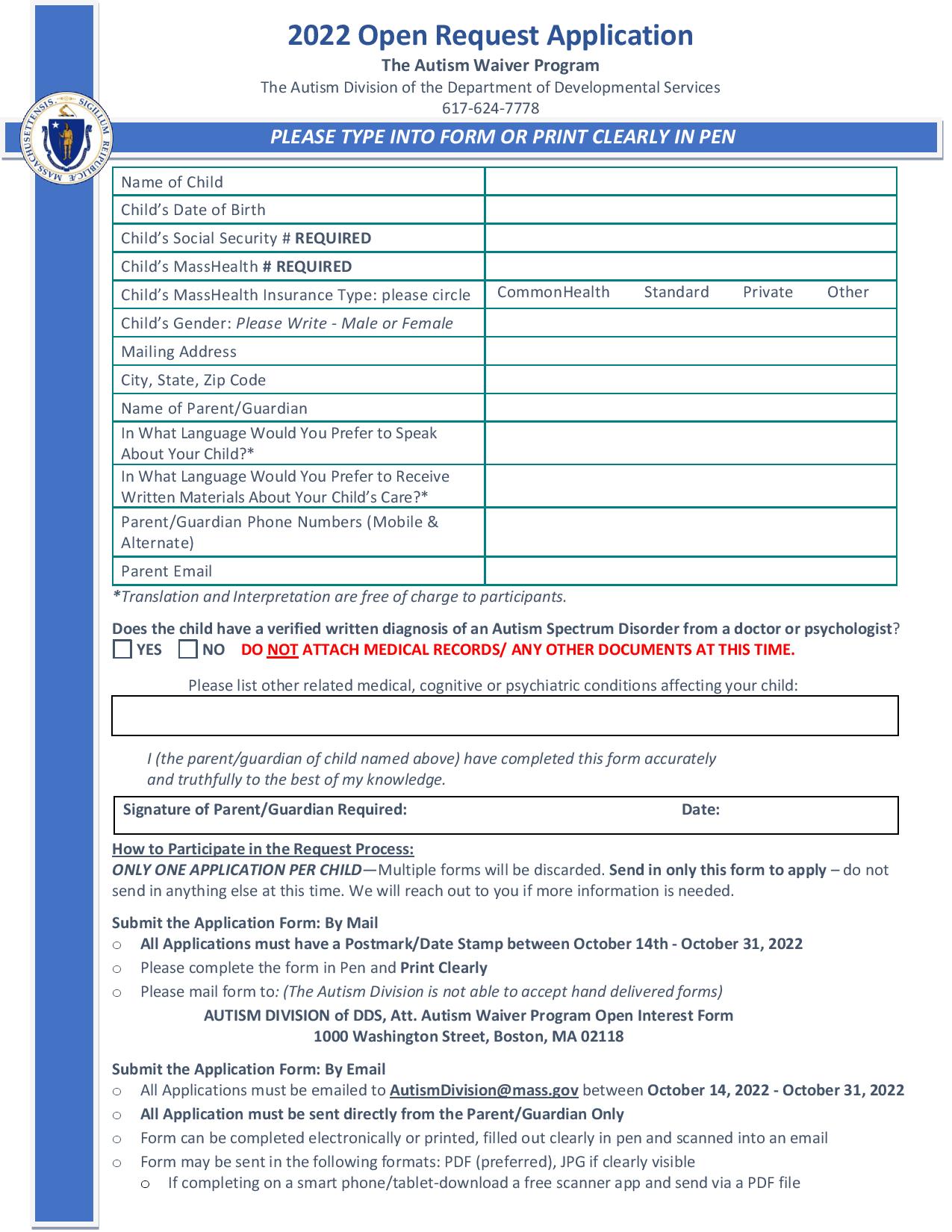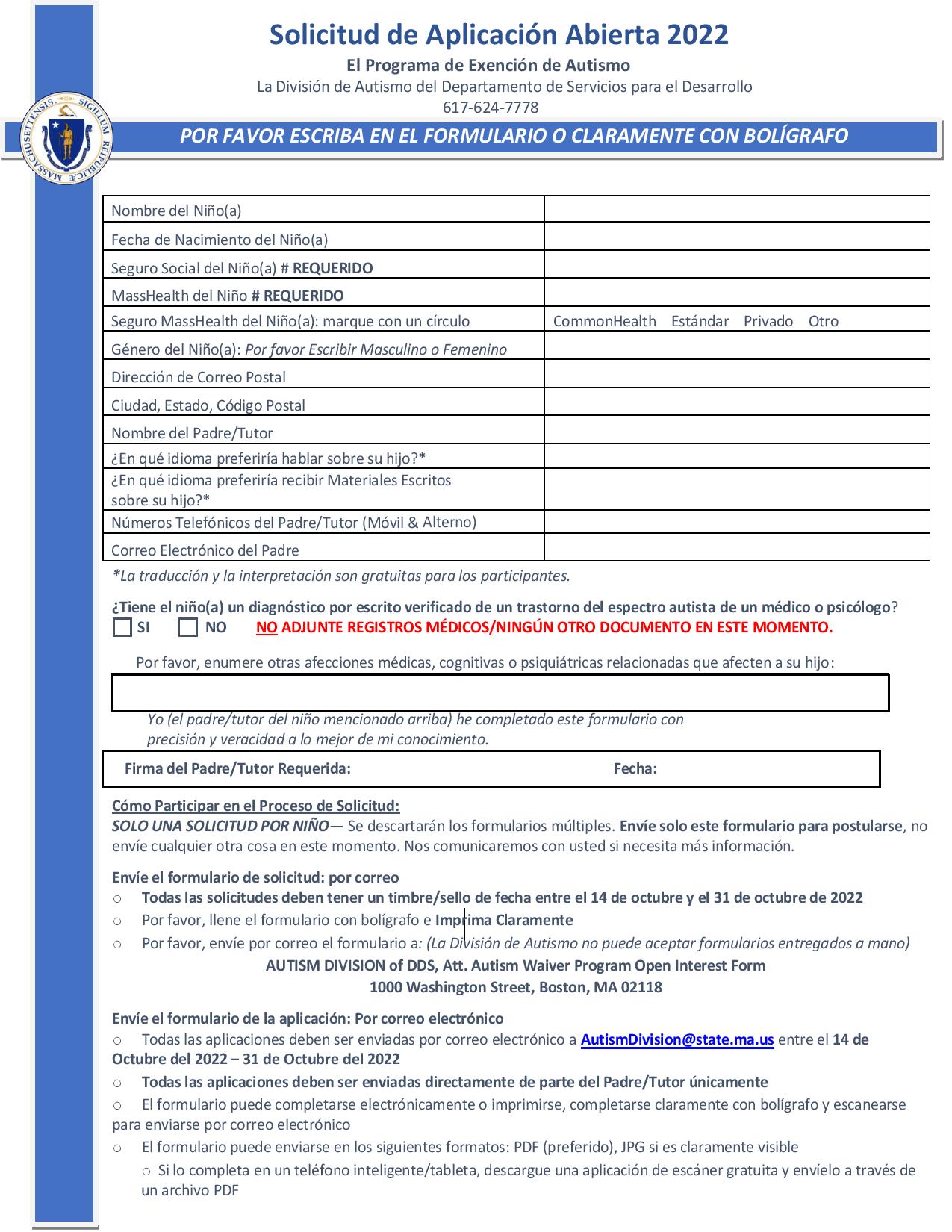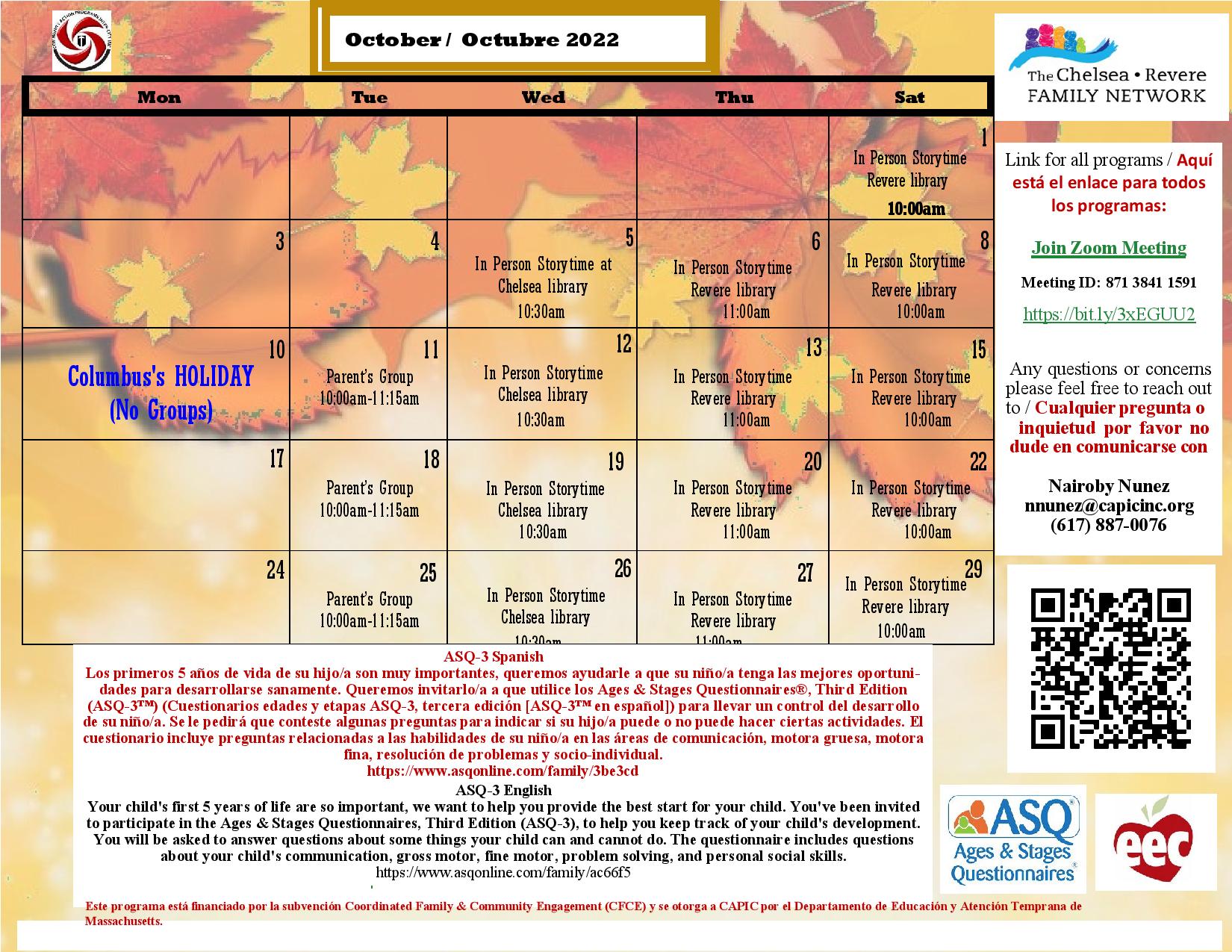Thanks for your interest in upcoming Cambridge Health Alliance (CHA) Mental Health First Aid trainings:
Adult Mental Health First Aid
Tuesday, Oct. 18, 2022
Youth Mental Health First Aid
Thursday, Oct. 20, 2022
Both classes are from 9 a.m. to 3 p.m. on Zoom.
Virtual Mental Health First Aid is a two-part, eight-hour class that involves:
-
Two-hour, self-paced, online pre-work on Mental Health First aid topics.
-
Six hour, instructor-led, live training on Zoom, which is used to host the live part of the class.
Registration is required. To register, please click on a link below for the class that interests you.
Register Here for 10-18 Adult MHFA
Register Here for 10-20 Youth MHFA
Mental Health First Aid is a certification course valued at $170 per person. The Cambridge Health Alliance is able to generously offer it free to members of our community as a result of federal funding from SAMHSA.
Registration preference is given for those in the Cambridge Health Alliance’s service areas including Cambridge, Somerville, Everett, Malden, Medford, Revere, Somerville, and Winthrop. Registration is provided on a first come, first served basis.
Adult Mental Health First Aid helps community members learn about risk factors and warning signs for mental health and addiction concerns, and gives them skills and strategies to help someone in both crisis and non-crisis situations.
Youth Mental Health First Aid is designed to teach parents, family members, caregivers, teachers, school staff, peers, neighbors, health and human services workers, and other caring adults how to help a youth (12 – 18) who is developing a mental health or substance use problem or crisis.
** For registration questions please contact Kerry Mello, kmello@challiance.org **
Additional information about CHA’s Mental Health First Aid training program can be found here:
Mental Health First Aid Training Program
